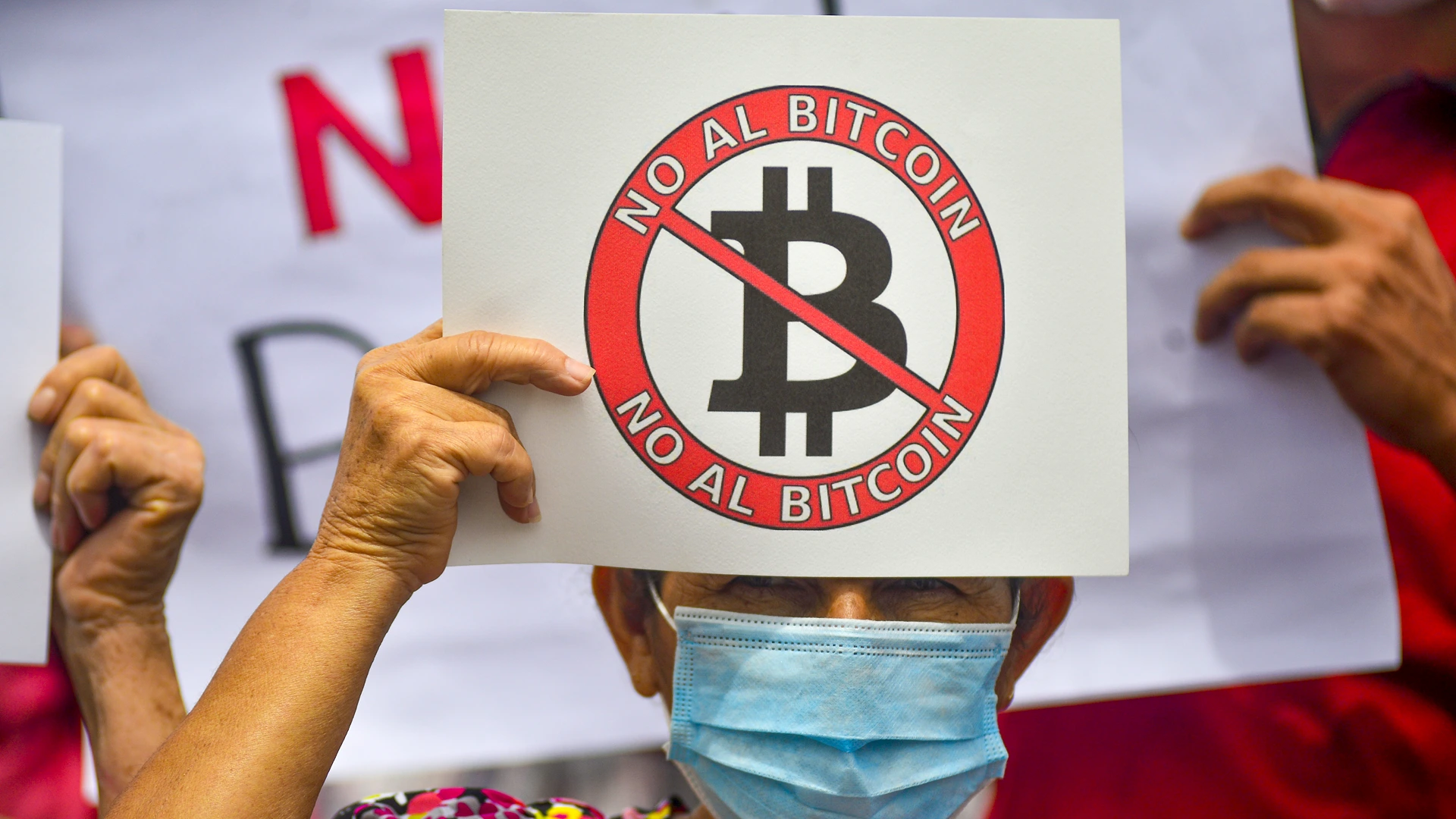- Time is Running Out to Cancel Debt for Aging Borrowers
- Biden abandoning plans to protect trans athletes, cancel student loans
- Pacific Gas & Electric could receive $15 billion in federal loans to modernize its power grid
- Granite Point Mortgage Trust Resolves $146M in Troubled Loans, Declares Q4 Dividend Amid Portfolio Restructuring
- Best Boat Loans for December 2024
Key Takeaways
- El Salvador and the IMF have reached a $1.4 billion loan agreement, pending executive approval.
- The deal requires El Salvador to scale back its Bitcoin policy.
- Critics accuse President Nayib Bukele of yielding to international pressure despite ongoing Bitcoin profits.
El Salvador has struck a deal with the International Monetary Fund (IMF) to secure a $1.4 billion loan aimed at stabilizing its economy.
Bạn đang xem: El Salvador Bows to IMF, Agrees to Bitcoin Restrictions for $1.4B Loan
The agreement, however, comes with a major caveat: scaling back its Bitcoin (BTC) policies.
Bitcoin Takes a Back Seat
The 40-month deal , pending IMF executive board approval, would help El Salvador address economic challenges and potentially unlock an additional $3.5 billion in funding from the World Bank and regional development banks.
But the conditions attached to the agreement—specifically curtailing Bitcoin use—signal a dramatic shift in the country’s once-bold financial experiment.
As part of the deal, the Salvadoran government must take steps to make Bitcoin optional for the private sector, limiting its role in daily transactions.
Public sector involvement in Bitcoin-related activities will also be restricted. The government will no longer accept Bitcoin for tax payments, and its involvement with the state-run Chivo wallet will be phased out.
The agreement mandates greater oversight and regulation of Bitcoin and crypto activities to ensure financial integrity.
IMF representatives noted these changes were necessary to address the risks associated with Bitcoin’s volatility and its potential impact on El Salvador’s economy.
Has El Salvador’s Bitcoin Gamble Backfired?
President Nayib Bukele has long championed Bitcoin as a cornerstone of his administration’s financial strategy.
His government purchased significant amounts of Bitcoin, promoting it as a tool for economic growth and independence from traditional financial systems.
While Bukele’s re-election earlier this year reflected public support for his leadership, the IMF agreement has led critics to question whether El Salvador’s Bitcoin bet has ultimately backfired.
Xem thêm : Applications Now Open For Two Student Loan Forgiveness And Repayment Plans That Had Been Phased Out
Bukele’s administration had previously demonstrated resilience in the face of economic challenges, successfully restructuring pension obligations and repurchasing debt at discounted rates during Bitcoin’s bear market.
By 2024, with Bitcoin trading near all-time highs, the country’s BTC holdings were reportedly yielding significant profits.
Yet, despite these financial wins, the IMF’s stipulations have forced El Salvador to curtail its Bitcoin ambitions—prompting accusations that Bukele has caved to the demands of global elites.
The Road Ahead for El Salvador’s Bitcoin Experiment
The IMF deal represents a stark contrast to El Salvador’s initial embrace of Bitcoin as a symbol of financial sovereignty.
While the reforms might stabilize the country’s relationship with international financial institutions, they also mark a retreat from the audacious vision that once put the nation at the forefront of the crypto revolution.
For Bukele, balancing domestic ambitions with international demands will be a delicate act.
As the IMF executive board prepares to finalize the deal, El Salvador’s Bitcoin journey enters an uncertain chapter, leaving its bold financial experiment hanging in the balance.
Was this Article helpful?
Nguồn: https://marketeconomy.monster
Danh mục: News

